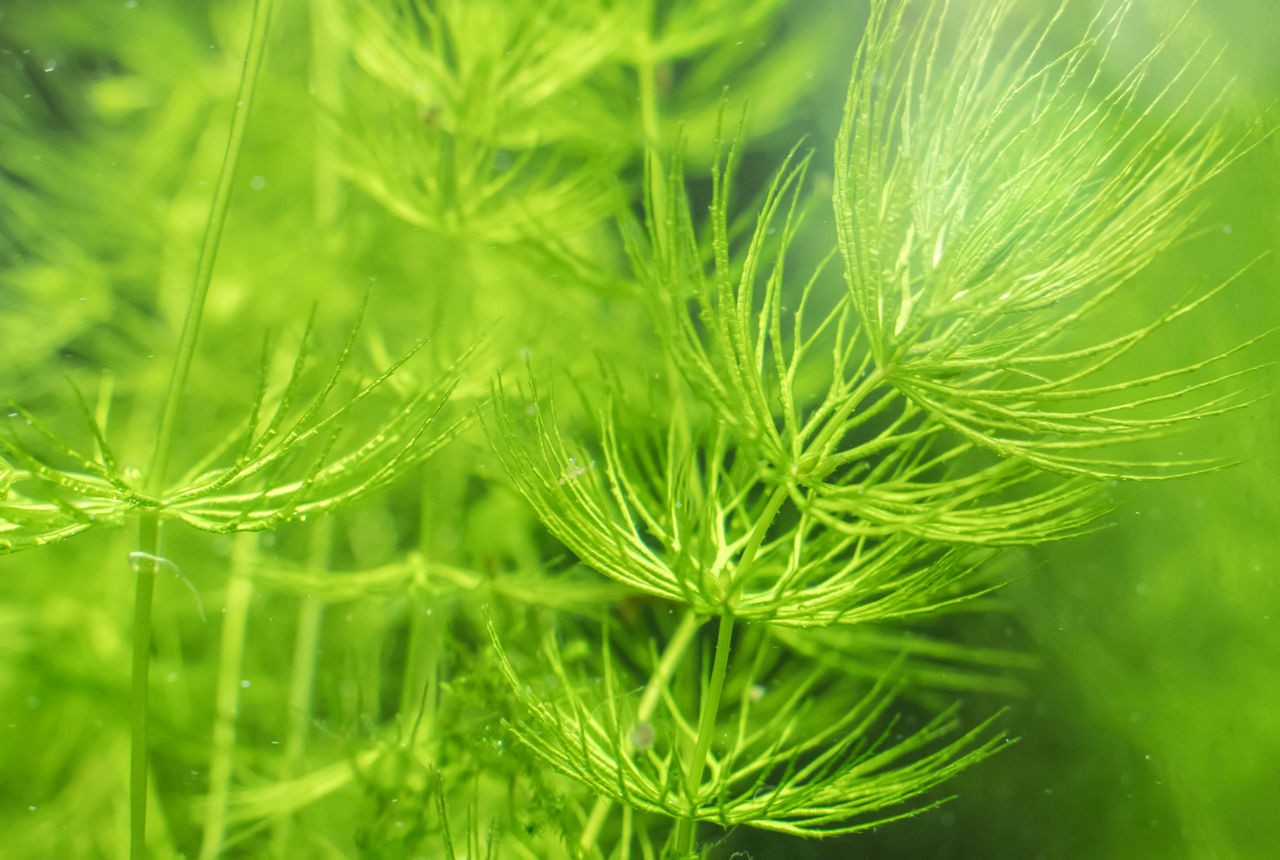Aquatic ecotoxicology involves a combination of toxicology, aquatic ecology, biological sciences and chemistry. However, knowledge of these areas is not always enough to meet the regulatory demands for aquatic endpoints for your crop protection product. What really adds value and delivers reliable data is insight gained from performing multiple aquatic ecotoxicology studies on a vast range of crop protection product active substances. Labcorp can help you navigate the scientific and regulatory challenges aquatic ecotoxicology poses, whether you need a single specialist study or full study program.
Aquatic ecotoxicology endpoints are required by all major regulators for all crop protection products
Major regulators from all part of the globe demand evidence on the potential hazard that the active substance in your crop protection product poses to aquatic organisms and ecosystems. That means assessing the impact your crop protection product has on various aquatic organisms from microorganisms and algae, up to fish and amphibian predators
Delivering study success by leveraging comprehensive expertise and insight
Our aquatic ecotoxicology team comprises expert scientists with experience in all aquatic environments: wastewater, freshwater, sediments and even marine. Added to that is a breadth of knowledge across many aquatic species covering multiple trophic levels. By working closely with other Labcorp scientists and leveraging their insight, we can offer a full package of testing for both standard and non-standard crop protection product active substances. These close collaborations with the chemistry departments (analytical, physical chemistry and radiochemistry), microbiology teams and the metabolism and modelling teams for our bioconcentration studies means we can build a test program matched to your needs.
Not all crop protection product substances are easy to handle and test. We have years of experience working with difficult to test substances, including poorly soluble chemicals, volatile chemicals, polymers, nanomaterials, metals and UVCBs. That’s when our collaborative working practices really pay off, because we can bring in the necessary expertise from our chemistry teams to help design the studies that will deliver robust, regulatory acceptable data.
Able to handle standard and tailored aquatic ecotoxicology studies
Labcorp can design and perform a broad suite of standard aquatic ecotoxicology studies to international standards ensuring that your study will be accepted globally. Difficult to manage crop protection product active substances require a tailored approach, so we leverage our broad expertise built over many years to provide appropriate innovative solutions that will satisfy regulators.
Our standard suite of aquatic ecotoxicology studies for crop protection products includes:
- OECD 201: Freshwater Alga and Cyanobacteria, Growth Inhibition Test
- OECD 202: Daphnia sp. Acute Immobilization Test
- OECD 203: Fish, Acute Toxicity Test
- OECD 209: Activated Sludge, Respiration Inhibition Test (Carbon and Ammonium Oxidation)
- OECD 210: Fish, Early-life Stage Toxicity Test
- OECD 211: Daphnia magna Reproduction Test
- OECD 218: Sediment-Water Chironomid Toxicity Using Spiked Sediment
- OECD 219: Sediment-Water Chironomid Toxicity Using Spiked Water
- OECD 221: Lemna Growth Inhibition Test
- OECD 305: Bioaccumulation in Fish: Aqueous and Dietary Exposure
As well as standard studies, non-standard and tailored studies are available including:
- OECD 231: Amphibian Metamorphosis Assay (AMA)
- OECD 229: Fish Short Term Reproduction Assay (FSTRA)
- OECD 230: 21-Day Fish Assay

